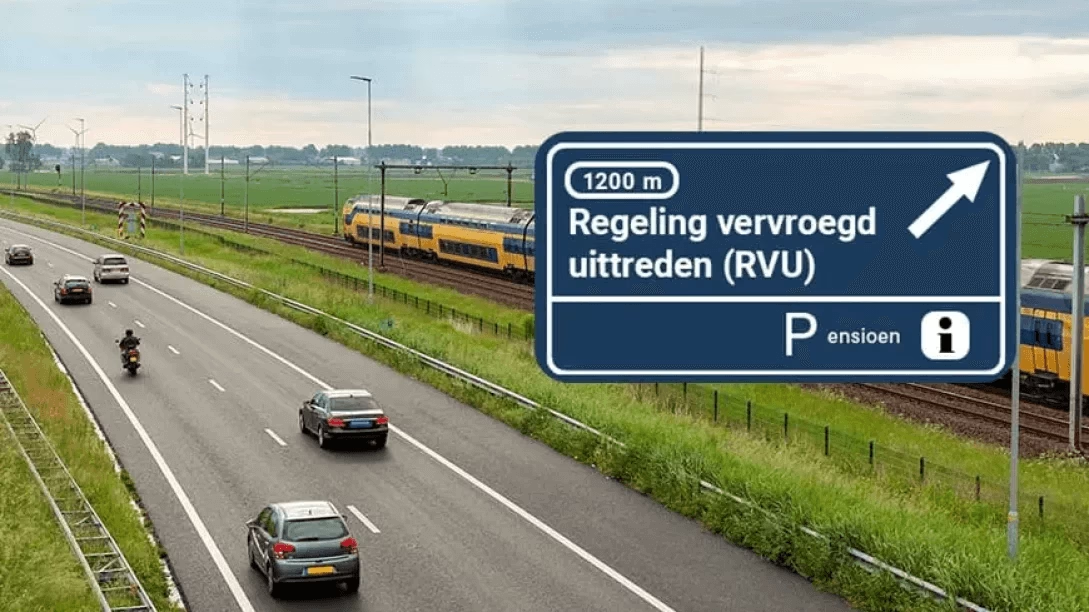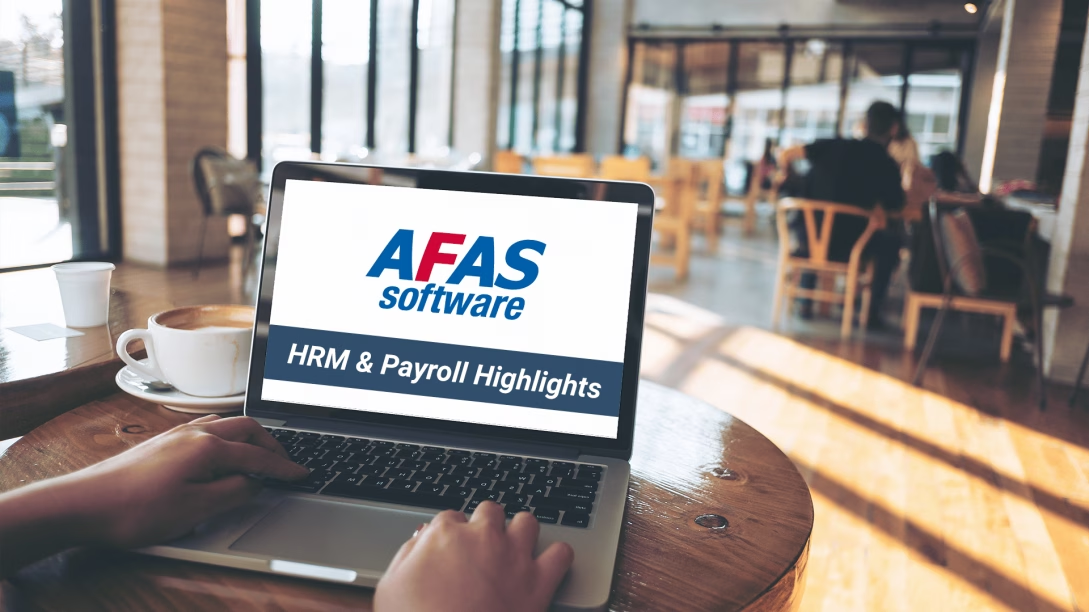Do you want to retire, but are you not yet of retirement age? An employee can agree on a so-called Early Retirement Scheme under certain conditions. What does this scheme entail, what are its advantages and disadvantages and how does one apply for an early retirement scheme? You can read that and more in this article.
What is an early retirement scheme?
Early retirement scheme is a tax term. Basically, it means that, as an employer, you can make an arrangement with an employee. Its purpose is to offer one or more benefits to bridge the time until the state pension date.
Is the early retirement scheme for everyone?
If physically demanding work is involved, the early retirement scheme is included in certain collective labour agreements. In that case, trade unions have made a collective agreement with the employer about employees retiring earlier.
To qualify for this, the type of work and how long this work was done are important. An employer can also agree on an individual early retirement scheme with an employee who needs it.
This should always be a mutual agreement: you can never force the scheme. If you retire earlier than the state pension age, you will receive benefits for the remaining time.
The early retirement scheme threshold exemption
As part of the pension agreement, the government has temporarily discontinued the early retirement scheme levy of 52%. From 1 January 2021, employers will no longer have to pay this levy. This applies to employees who have three years or less to work until the state pension age.
This easing measure is effective until 2025. The duration of the early retirement scheme exemption is a maximum of 36 months, so those who trigger the exemption on 31 December 2025 will receive benefits until 1 January 2028 at the latest.
The exemption is not unlimited. The Temporary threshold exemption applies up to the amount equal to the net amount of the single person state pension benefit (on 1 January of the year of the benefit).
In 2023, this amounts to €2,037 gross per month, or €24,444 gross per year. Does the relevant employee receive more? Then the pseudo-levy of 52% is due on that.
The choice to link the amount to a net state pension benefit was made because, in principle, this amount allows the employee to earn a sufficient living.
The exemption applies to benefits that take place in the 36 months before the employee reaches the state pension age. The period between receiving the benefit and reaching the state pension age may be rounded up to whole months.
The amount of the benefit the employee receives depends, among other things, on previous income, employment history and/or the number of hours worked per week. If an early retirement scheme has been agreed and payments are made earlier than three years before reaching the state pension age, no threshold exemption applies to those amounts.
Who pays for the Early Retirement Scheme?
The employer pays the early retirement scheme to the employee. This can be done monthly or for the entire period until retirement age. For the (former) employee, this is usually not fiscally favourable. You can also think of other constructions, such as a non-activity arrangement. Here, the so-called ‘white table’ applies. In this case, the employee accrues pension that is deducted from the amount of the scheme.
Applying for an Early Retirement Scheme
As an employee, you apply for a the scheme from your employer or union. With the former, you make arrangements in writing; with the latter, you fill in certain forms. Which form this is depends on the sector
Pros and cons of an Early Retirement Scheme
Being able to agree on a scheme gives the employee the potential freedom to stop working earlier. For the employer, the current temporary threshold exemption makes it more attractive to comply.
There are also disadvantages for the employer, for example if an employee wants to stop working earlier than three years before his or her state pension age. After all, in that case, no exemption from the early retirement scheme levy applies. Furthermore, an employee should bear in mind that you are less likely to be eligible for unemployment benefit if you agree to such an arrangement. If you do receive unemployment benefit, it will be reduced based on the amount of the early retirement scheme benefit.
More information
Do you want more information about the early retirement scheme or do you have other questions about payroll, HR services or any of our other services? Then please contact us.




